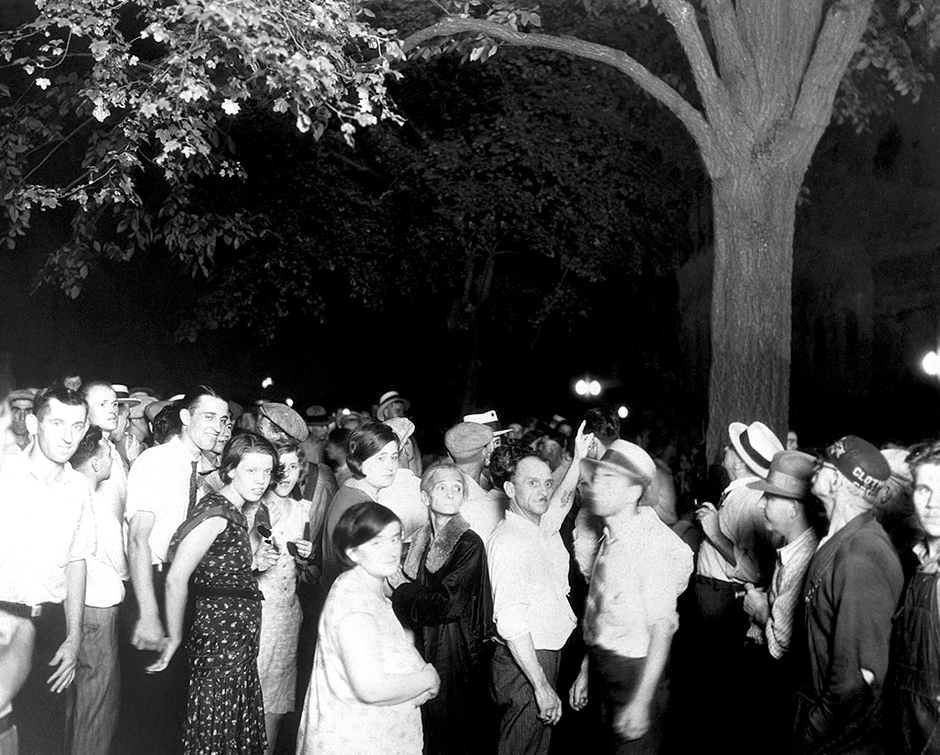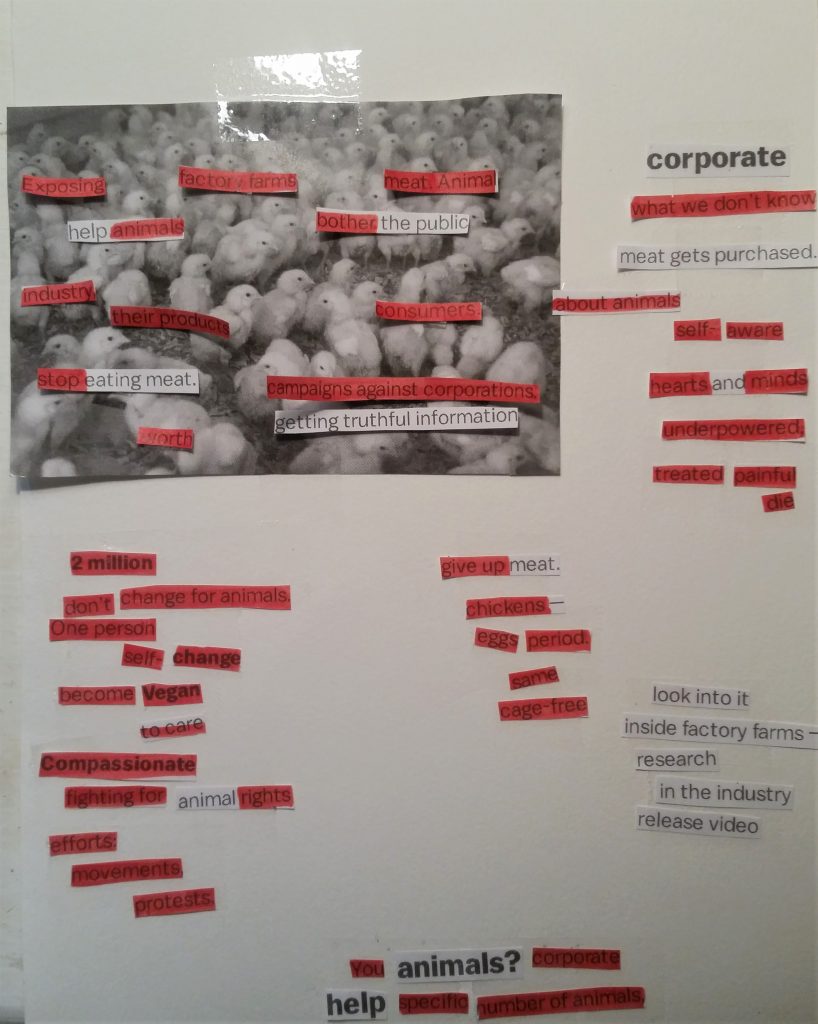Jenn, Noel and Greg
Definition and Etymology
As defined by the Oxford English Dictionary, morality is “behaviour conforming to moral law or accepted moral standards, esp. in relation to sexual matters; personal qualities judged to be good.” The origin of the word comes from many places, but the most common route origins are from the “Old French moralite (Modern French moralité) “moral (of a story); moral instruction; morals, moral character” and the “Latin moralis “of manners or morals; moral” (see moral (adj.)). Meaning “doctrine or system of ethical duties” (Morality). Since the 1500’s, the term morality has changed and continues to change through time depending on varying cultures.
Explanation
There is always some type of morality that comes into play in every story. Morality plays an immense role in storytelling, and the reader has the option to choose how to interpret the morality displayed in the story. We all have our own individual morals, but literature has the power to make you question, change or expand your views. Authors have the ability to do so by putting readers in the shoes of the victims and/or characters, thus immersing the audience in to a different mindset of morality for the story. From there, the reader can see a character’s perspective better because of the uncomfortable situations described by the author, such as the racism in Citizen and sexual assault in Mean.
Morality in Citizen
In Claudia Rankine’s “Citizen,” the speaker addresses the racism she, her friends and her family have encountered in various situations and how that makes them feel. The lyric is styled in a way to evoke emotions from the readers – a majority of the book is formatted where each page equates to a different racist scenario – and ultimately, the reader is intended to feel uncomfortable. The readers feel what the speaker experienced, ranging from anger and sadness to fear. In this context, morality would mean to refrain from racist slurs and acting upon those thoughts, and discouraging this behavior as well. This is known as the Social Facilitation Effect and Bystanding. The Social Facilitation Effect is how someone acts when they are in front of their peers or by themselves. Bystanding is when someone watches something happen that is wrong and watches without intervening. These two correlate with morality because people tend to question what is right or wrong compared to where they are and who they are with. This is important when it comes to reading literature due to the reader gaining another sense of morality when they see it from a different point of view through the speaker.
A person’s idea of morality may be subject to how they were raised; they may not realize that what they are saying or doing is wrong, but if an individual intentionally inflicts pain on someone, that is crossing boundaries. Rankine writes, “Someone in the audience asks the man promoting his new book on humor what makes something funny. His answer is what you expect – context. After a pause he adds that if someone said something, like about someone, and you were with your friends you would probably laugh, but if they said it out in public where black people could hear what was said, you might not, probably would not. Only then do you realize you are among ‘the others out in public’ and not among ‘friends’” (Citizen 48). Rankine singles out her readers by styling the lyric in a way where “you” are experiencing these situations. You are meant to feel ostracized and alienated from the rest of the crowd because of your skin color. Even though division was not the comedian’s intention, the “joke” involving the color of one’s skin contributes to racism. A few issues arise when applying the concept of morality to this scenario. Not only does the comedian display a lack of empathy towards the minority he’s picking on, but he’s also condoning and normalizing this behavior for the audience. These jokes and their justification are just an excuse. The audience may feel that it’s acceptable to joke like that as well, hence adding to the problem and creating a gray area where there should not be one. This bullying behavior is not only wrong, but the jokes are referring to something out of a person’s control which falls under racism. The speaker notes that the difference in setting (private versus public) would affect the humor behind the joke and therefore it’s allowed. The language used in this example further questions the idea of morality and how it’s perceived as subject to the individual. The fact that people understand certain comments should be refrained from because they are not “socially acceptable” is a clear indication that they know this is morally wrong. Racism is unacceptable regardless of its form. Even if it’s for comedic purpose, If it’s disrespectful and emotionally or mentally harmful to certain audiences, then it shouldn’t be encouraged in private settings either. By telling these jokes and creating a division, the victims of the joke feel “less than” their peers.
The jokes cause further damage when people don’t realize the “context” the comedian describes. Rankine addresses an issue she witnessed at Starbucks while waiting in line: “When the stranger asks, Why do you care? You just stand there staring at him. He has just referred to the boisterous teenagers in Starbucks as niggers” (16). Rankine places the readers as bystanders in this experience in an attempt to make us question our own morals. Rankine chose to use the “n-word” to stand out on the page and make the readers feel uncomfortable. Some people may not take offense to the word which causes us to question our own idea of morality and what is right or wrong. Rankine uses this instance to demonstrate that people may not realize the power of their words and just how harmful it may be; thus, it’s morally wrong to treat others like they are less important or valued than others because of their skin color.
Morality in Mean
In the memoir Mean, Gurba describes many instances when it comes to the basis of morality such as sexual assault and murder. The memoir goes into great detail when describing these acts that question one’s morality. Gurba intentionally uses such detailed descriptions, such as “he moans and shivers. His slack corn slides out of her. Cum oozes from between her legs. . . . A newscaster describes the murder as ‘the bludgeoning death of a transient in Oakley Park’” (2-3). Using corn to help describe a rape gives the reader a different perspective on the subject. Everyone knows what corn is and what it looks like, but most can’t imagine being raped. Gurba could have used any other language to describe this brutal attack, but she used this specific language to get the reader’s attention and to make a lasting impact by relating the rape to something so trivial in comparison, which is food. The language that Gurba uses throughout the memoir is critical because it can make the readers question their own morals as Gurba tries to provoke our emotions by describing tragic events in such detail.
Myriam Gurba’s memoir Mean describes various situations where an individual’s morals, or lack thereof, are put into the spotlight. Gurba describes people who lack morality in order to tell the tragic tales of sexual assault, racism, misogyny and homophobia.
Gurba uses specific language in order for the readers to feel a certain amount of discomfort as she is describing tragic events in her memoir. While describing the situation where a boy in her class begins to molest her, Gurba writes “I blushed as his fingers snuck into my crotch. I clenched my developing jaw. I looked at Mr. Hand. His eyes left the page he was grading. He saw” (31). Gurba’s specific choice of words in the quote was intentional and purposeful. She reminds us that she is still a young girl as she says she clenches her “developing” jaw. Also in the quote Gurba explains that as the boy began to molest her, her teacher saw what he was doing to her, yet he doesn’t do anything to stop it. Later she states “unable to look into a girl’s eyes or soul while she was being molested, something all teachers should be prepared to confront, Mr. Hand snapped his eyes back at the worksheet he’d been grading” (31). Mr. Hand’s morals are put into the spotlight in this situation, as he does nothing to help a girl who is being molested. As readers, this situation is intended to make us feel uncomfortable and question our own morals by thinking about what we would do in the same situation. Gurba wants us to feel angry at both her molester and the one who is enabling it. Readers should realize that both her molester, Macaulay, and Mr. Hand are displaying a clear lack of morals by doing this to her. Most of us believe we would do the right thing if we were Mr. Hand in this situation, and we would try to save the young girl from her molester. After reading how traumatic this event was for her, readers should have felt some sort of empathy and strongly believe they would have a morally just response in this situation.
Final Thoughts
Both of the authors displayed similar intentions with their texts. In Citizen and Mean, the authors try to evoke emotion from their readers and have them question their own ideas about what is right and wrong by describing situations filled with either racism or sexual acts. Whether it was a mental or emotional experience like the ones Rankine described or the physical actions that occurred in Mean, both authors play with the concept of morality. Readers may not find themselves in the same situations from the texts, but the authors want us to walk away with empathy and an understanding that just because we think something is “right” does not mean it actually is.
Works Cited
“Discover the Story of English More than 600,000 Words, over a Thousand Years.” Home :
Oxford English Dictionary, www.oed.com/view/Entry/122093#eid36037481.
Gurba, Myriam. Mean. Coffee House Press, 2017.
“Morality (n.).” Index, www.etymonline.com/word/morality.Rankine, Claudia. Citizen. Small Fires Press, 2017.
Public Lynching, August 30, 1930, Hulton Archive: altered image by John Lucas, Getty Images. In Citizen (91)


